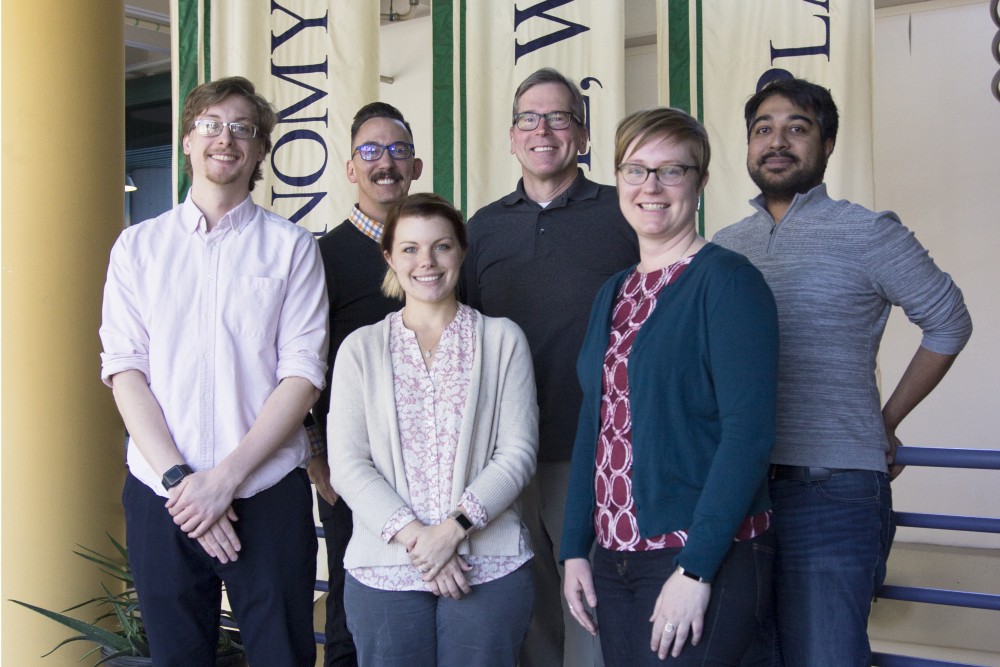A University of Minnesota research team will travel internationally to study the impact of government programs.
With a $721,000 grant from the United States Department of Agriculture’s Foreign Agricultural Service, researchers will carry out the new study in three countries. They are currently selecting which three nations will be involved and hope to reach a final decision this spring.
The Food for Progress Post-Project Sustainability Assessment is run by the Stakman-Borlaug Center for Sustainable Plant Health, part of the College of Food, Agriculture and Natural Resource Sciences.
Researchers are combing through more than 100 USDAFAS projects that have taken place over the past 10 to 15 years to determine where to conduct the studies. They’re considering factors like project cost, the country’s safety and the number of people impacted by the project, said Collaborative Research Specialist and Project Manager Britta Hansen.
The team wants to balance the locations across world regions, as well as match the projects to CFANS faculty expertise.
The team will analyze whether the project is considered successful once the grant money runs out and researchers leave the country, said Chief Practice Officer Becky Stewart from The Improve Group, a St. Paul research consulting firm that partnered with Food for Progress to help select countries and carry out research once the project launches.
Researchers will also determine what practices current growers use or plan to continue in the future, and whether long-term benefit exists, she said.
“The lasting impact of projects is often not looked at,” Stewart said.
By analyzing outcomes of completed government projects, the researchers hope to find out whether these programs are still effective and help design other, better programs.
“Whatever we learn about how and why these projects were sustainable will help the USDA design projects in the future,” Hansen said.
The majority of the USDA projects are related to plant health, food security and global crop production in developing countries, Hansen said.
“In developing countries, issues like food security and environmental health are a challenge,” said Stakman-Borlaug Center Co-Director Jim Bradeen.
The Food for Progress study will be some researchers’ first international research project, he said.
“This project will create new collaborations as we work with scientists from around the world,” Bradeen said.

















